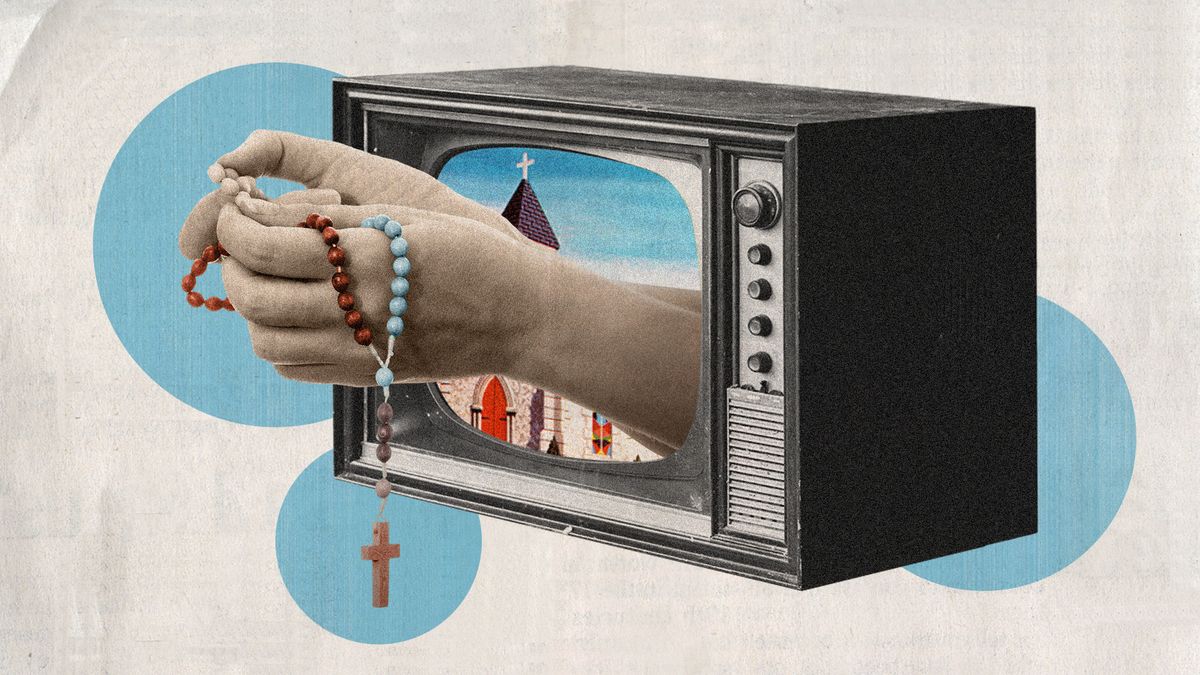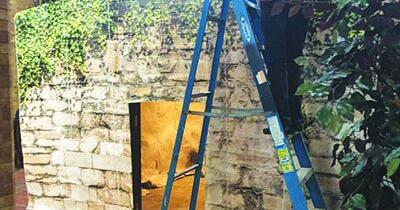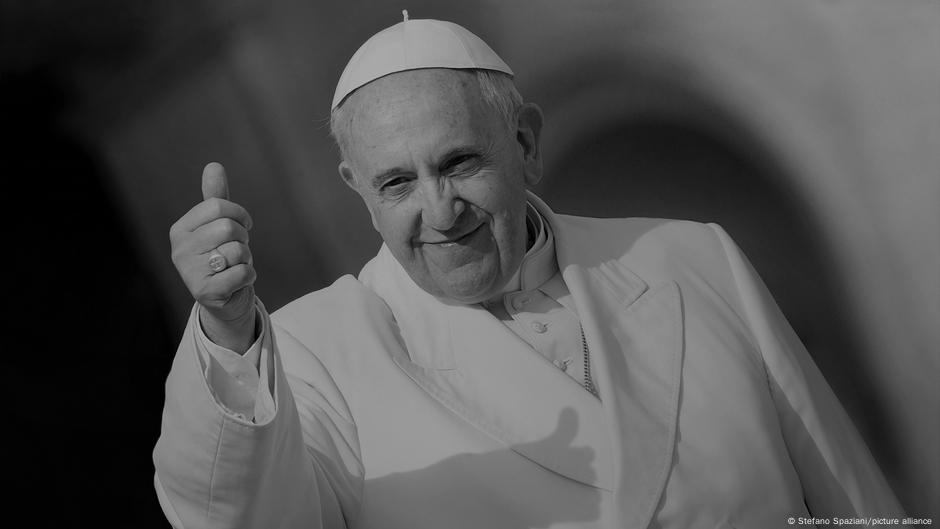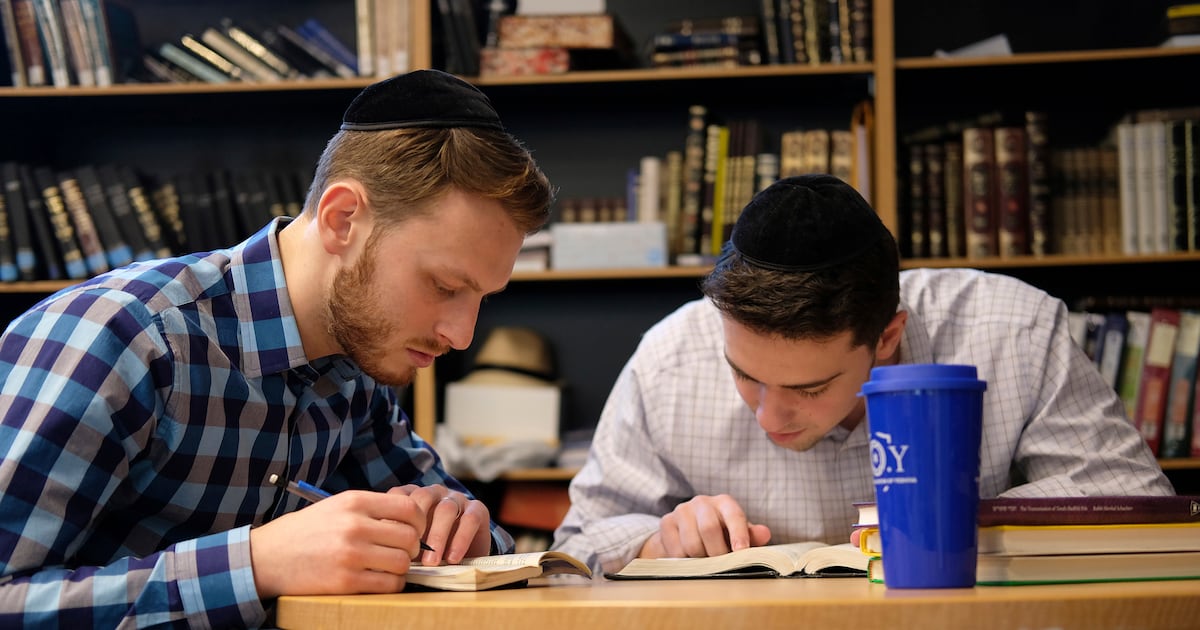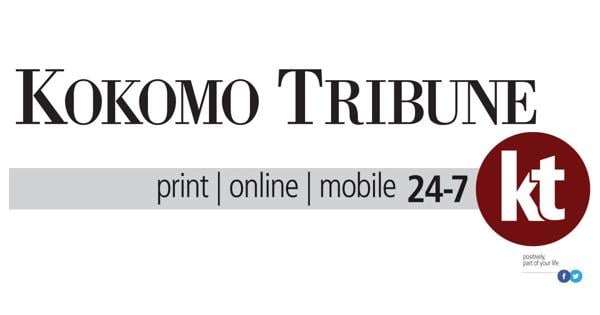Faith, Education, and Law Collide: Supreme Court Weighs Landmark Charter School Religious Freedom Case
Religion
2025-05-04 04:15:32Content

In a groundbreaking legal battle that could reshape the landscape of public education and religious freedom, the U.S. Supreme Court is currently deliberating a pivotal case involving St. Isidore of Seville Catholic Virtual School. If successful, this innovative school could become the first publicly funded religious charter school in the nation, potentially setting a significant precedent for educational and constitutional law.
The case has captured national attention, as it challenges long-standing interpretations of the separation between church and state. Proponents argue that the school represents an important step toward educational choice and religious inclusivity, while critics express concerns about maintaining the constitutional barrier between public funding and religious institutions.
At the heart of this landmark case is a fundamental question: Can a religious school receive public funding while maintaining its religious identity? The Supreme Court's decision could have far-reaching implications for education, religious liberty, and the interpretation of the First Amendment.
As legal experts, educators, and religious leaders watch closely, the outcome of this case promises to be a watershed moment in American educational policy, potentially transforming how we understand the relationship between public funding, education, and religious institutions.
Religious Education Reimagined: The Supreme Court's Pivotal Charter School Showdown
In an unprecedented legal landscape, the United States Supreme Court stands at the crossroads of educational policy and religious freedom, preparing to deliberate on a groundbreaking case that could fundamentally transform the intersection of public funding and religious education.A Landmark Decision That Could Reshape Educational Boundaries
The Emergence of St. Isidore of Seville Catholic Virtual School
The proposed St. Isidore of Seville Catholic Virtual School represents a revolutionary approach to educational institutions, challenging long-standing constitutional interpretations of church-state separation. This virtual educational platform seeks to become the first publicly funded religious charter school in the nation, presenting a complex legal and philosophical challenge to traditional educational frameworks. The school's innovative model leverages digital technology to provide religious-based education while simultaneously seeking public funding, a strategy that has ignited passionate debates among legal scholars, educators, and religious advocates. By blending religious instruction with virtual learning platforms, St. Isidore presents a nuanced argument that transcends conventional educational categorizations.Constitutional Implications and Legal Precedents
The Supreme Court's consideration of this case represents a critical moment in educational and constitutional law. Previous landmark decisions have established delicate boundaries between religious institutions and public funding, but the St. Isidore case introduces unprecedented complexities that could potentially redefine these established parameters. Legal experts anticipate that the court's ruling will have far-reaching consequences, potentially establishing new precedents for how religious educational institutions can interact with public funding mechanisms. The case challenges fundamental interpretations of the Establishment Clause and Free Exercise Clause, suggesting a potential paradigm shift in understanding religious freedom within educational contexts.Technological Innovation Meets Religious Education
St. Isidore's virtual platform represents more than a traditional educational model; it embodies a technological revolution in religious education. By leveraging digital infrastructure, the school demonstrates how technological advancements can create novel approaches to learning that challenge existing institutional frameworks. The virtual format allows for unprecedented flexibility, potentially enabling religious education to reach broader audiences while maintaining doctrinal integrity. This approach suggests a transformative model that could inspire similar initiatives across diverse religious communities, fundamentally reimagining how faith-based education can be delivered in the digital age.Potential Societal and Educational Ramifications
The Supreme Court's decision could trigger significant societal discussions about the role of religion in public education. Supporters argue that the case represents an important step toward educational diversity and religious freedom, while critics express concerns about potential erosion of church-state separation principles. Educational policy experts suggest that the ruling might create ripple effects across multiple domains, potentially influencing future funding models, curriculum development, and institutional structures. The case symbolizes a broader conversation about educational innovation, religious expression, and the evolving nature of public institutions in a diverse, technologically advanced society.Broader Context of Educational Choice and Religious Freedom
This landmark case emerges within a broader context of ongoing debates about educational choice, religious liberty, and the constitutional boundaries of public funding. The St. Isidore case represents more than a singular legal challenge; it embodies complex intersections of constitutional interpretation, educational philosophy, and religious expression. The potential ruling could provide critical guidance for future educational initiatives, potentially establishing frameworks that balance religious freedom with constitutional principles of institutional neutrality. As such, the Supreme Court's decision transcends immediate legal considerations, offering a profound commentary on the evolving relationship between religious institutions and public infrastructure.RELATED NEWS
Religion

Faith Unbound: Breaking Free from Religious Constraints in Small-Town America
2025-04-11 21:41:17
Religion

Faith, Fame, and Track: The Spiritual Journey of Marileidy Paulino Unveiled
2025-05-03 13:23:44

